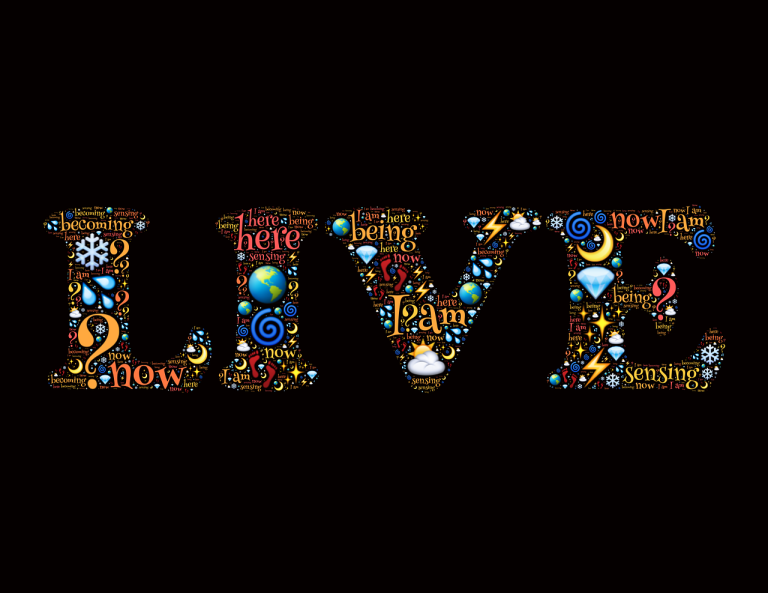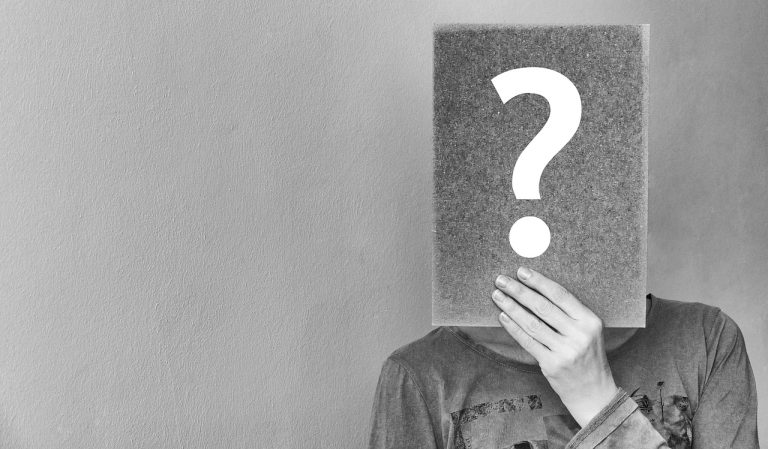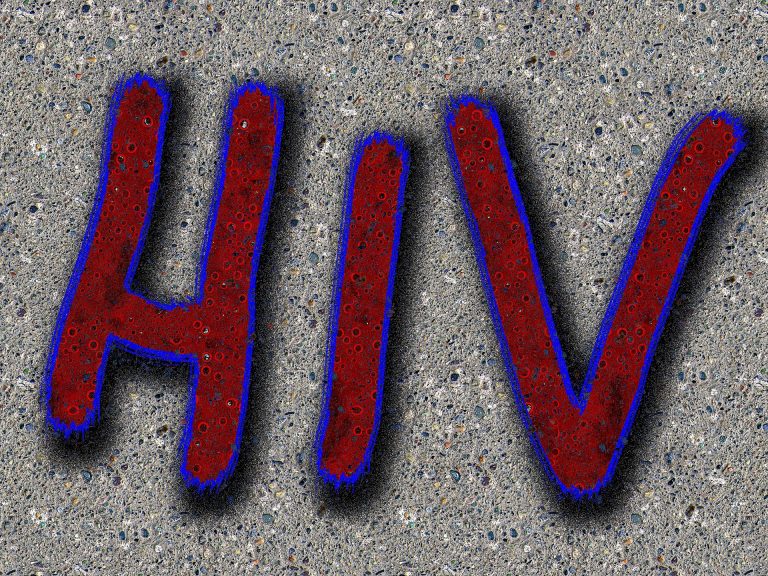Since Freud human psychology has drawn tenuous connections between nurture and mental health (and a plethora of other personality dispositions etc.). And in the large part I agree with them. The way one is brought up is tantamount to years of human conditioning on how to life, before you’re foisted (or foist yourself) into the world to action what you’ve come to know as ‘how to life’.

Being careful not to open the family charge book up in this post, I shall only say that growing up James was not easy. That’s relative, obviously, but to me I feel it was not easy. Put a different way it was not as easy as I feel it could have been.
For a many, many years I have blamed my parents for this not easy life. Some of usual suspects come up as reasons – similar reasons other people might apportion: pressure to perform, to marry, money, domestic violence, sibling rivalry, shaky parental cohesion, etc.
I’m in the best mental head space I have ever been in lately so I’ve had some time to reflect on my resentment of my parents, and other people generally, with a clear head. I want to say sorry. Especially to my parents.
Sorry.
I’m sorry because I’m not a kid anymore and can see how it was never anyone’s intention to send me into the world to have a shitty life. I have to thank you for teaching me how to think for myself. I am more myself than I ever have been. And so, thinking for myself, I know that my parents are human.
My parents are just like me. Fallible. Sometimes misguided. Wrong. Hurt. Anxious. Scared. They, and I, am not malicious. They taught me that.
I wager that most parents are like mine. All parents even. And all parents worth the title want nothing more than for their kids to get through life without pain and to feel loved. And mine did what they could to make that happen. Whatever the methods used to get that done the intention was pure.
We know that many mental health conditions are in some part hereditary. Here is where I say to any parent, anywhere, at any stage of bringing up children: know that mental health is a human condition, that can be diagnosed, and usually treated effectively.
Every parent owes it to their children to treat their own mental health as a priority. Mental health in the most wide interpretation possible. Take the time to love yourself a little every day, balance work and family as best you can, and when you need support seek the help of a professional.
Just like I have on this blog shown – accepting hard truths like having a mental health condition is not easy. But, it is easier knowing that embracing your mental health and putting it first is also a way to love your family and the world. Before this can happen one needs to love and know themselves, warts, mental health conditions and all.
Knowledge really is power when it comes to mental health. Power to think clearly. Make better decisions. Lucid logic. I can see no world where someone with a condition like bipolar can look back on the devastation left in their wake and not want to get well for the sake of family, but it happens all the time, I suspect because one might feel responsible for “passing on” a mental health condition.
Be logical. Not cowardly. Knowing and accepting a mental health condition is the responsibility of the individual and being forthright about these with kin is ethically the right thing to do – it helps people make informed decisions about their own life and take the action that is a moral imperative to living in a cohesive world.




